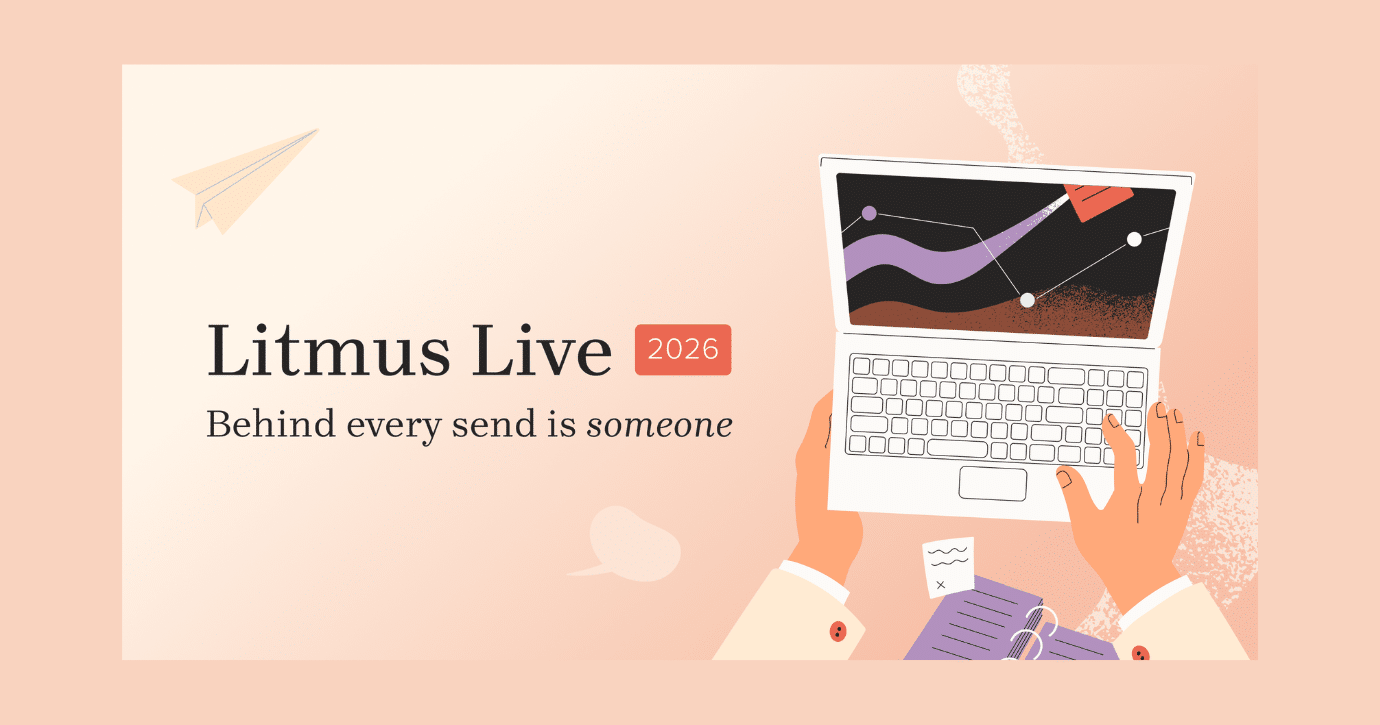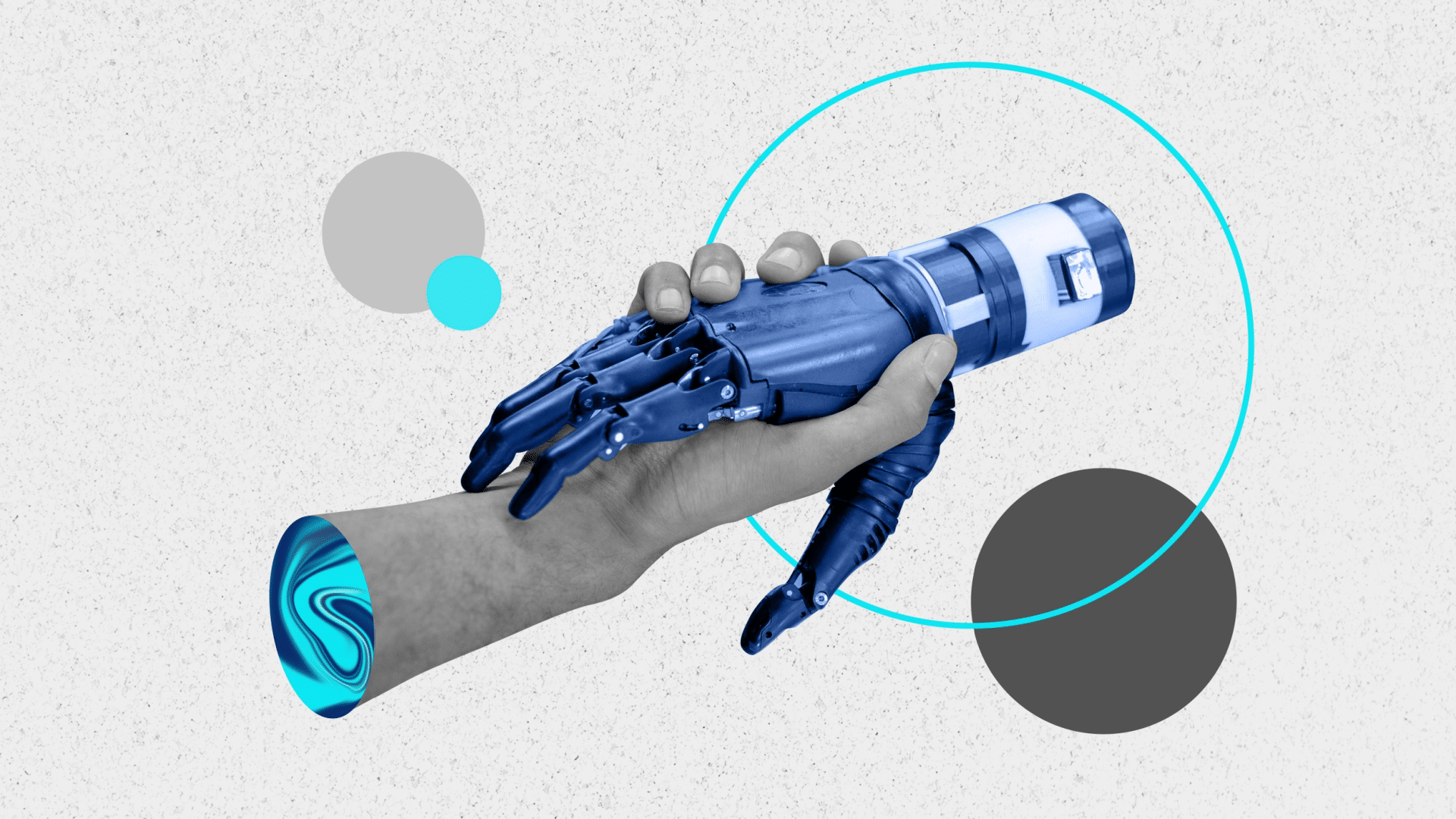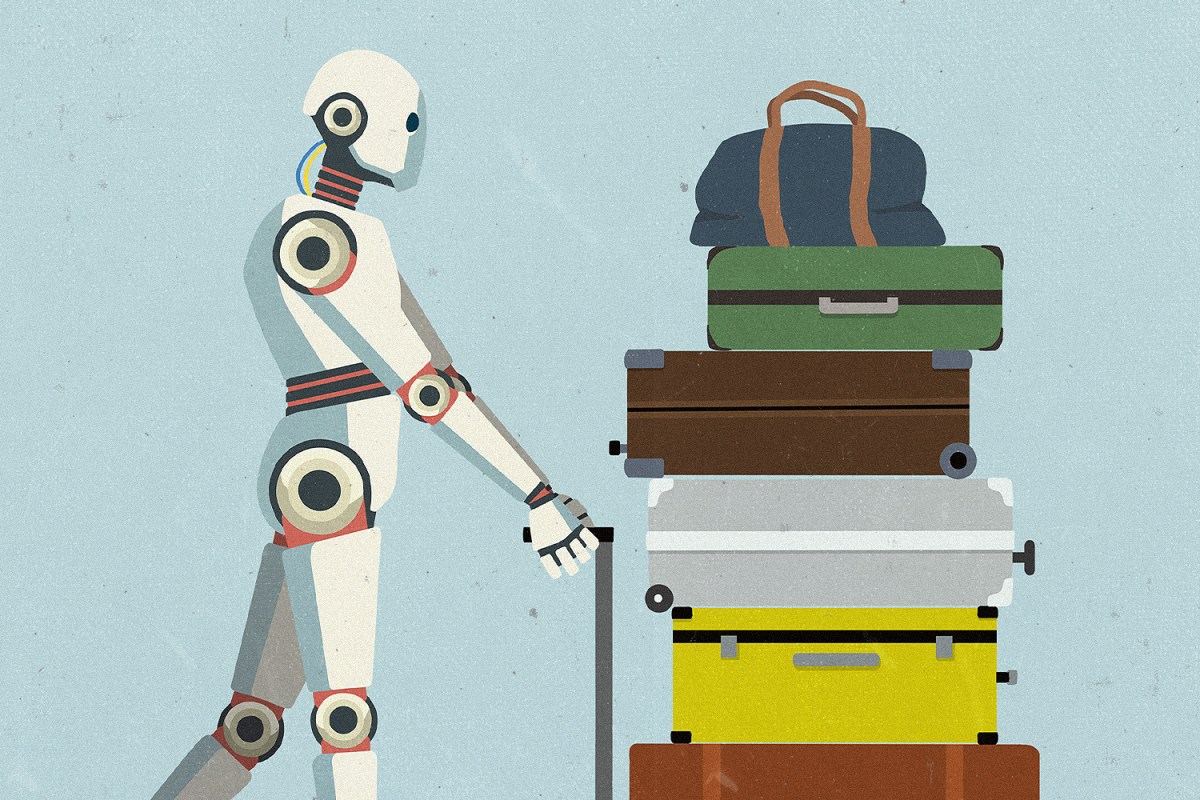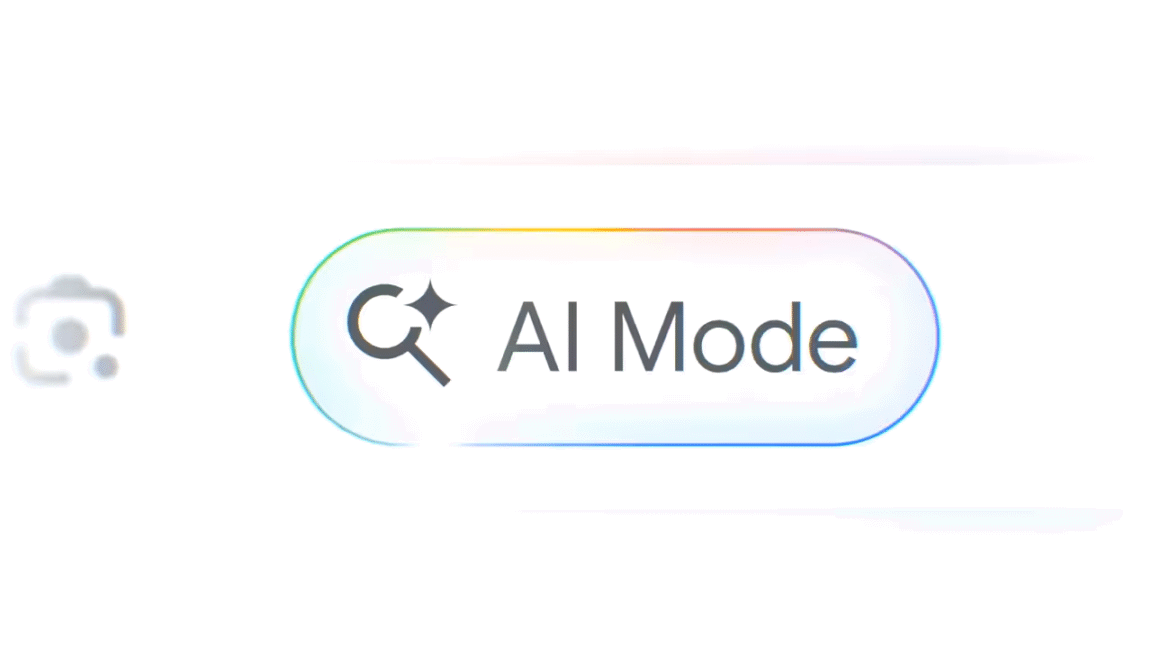fromThe Jerusalem Post | JPost.com
1 week agoFurkat Kasimov e-commerce returns fix: Sell confidence | The Jerusalem Post
.Most e-commerce returns stem from guessing; personalized marketing builds shopper confidence.(photo credit: Courtesy of GetSelene.AI)By TAMI DEMSKY For ecommerce operators, returns have become a structural profit leak that hits in three ways: shipping and processing costs, inventory stuck in limbo, and the long-term damage to trust that lowers repeat purchase rates. The scale is significant. Retailers estimate that 15.8 percent of annual sales will be returned in 2025, totaling approximately $849.9 billion, according to the National Retail Federation and Happy Returns .

















